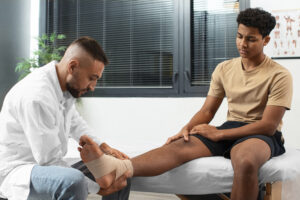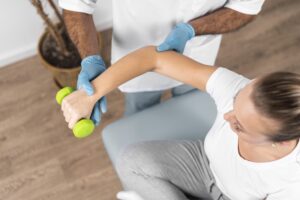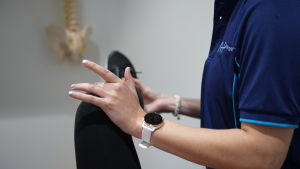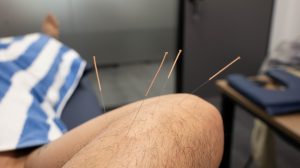Rehabilitation post-surgery can be a lot easier and smoother when solid muscle work has been done prior.
Typically, upon reaching a diagnosis and being informed that surgery is required clients will do a lot less work on their injury, usually stopping all activities and resting their knee whilst they wait for surgery day. The issue with this is that the ‘unused time’ for muscles, cartilage, and ligaments can have a negative impact on the recovery process post-surgery. In addition to this, clients will also have to begin rebuilding movement and muscles from an even lower baseline, if pre-surgery rehabilitation has not occurred.
Evidence-based studies show that pre-surgery rehabilitation often leads to better outcomes, easier recovery, and in some cases can deem surgery unwarranted.







